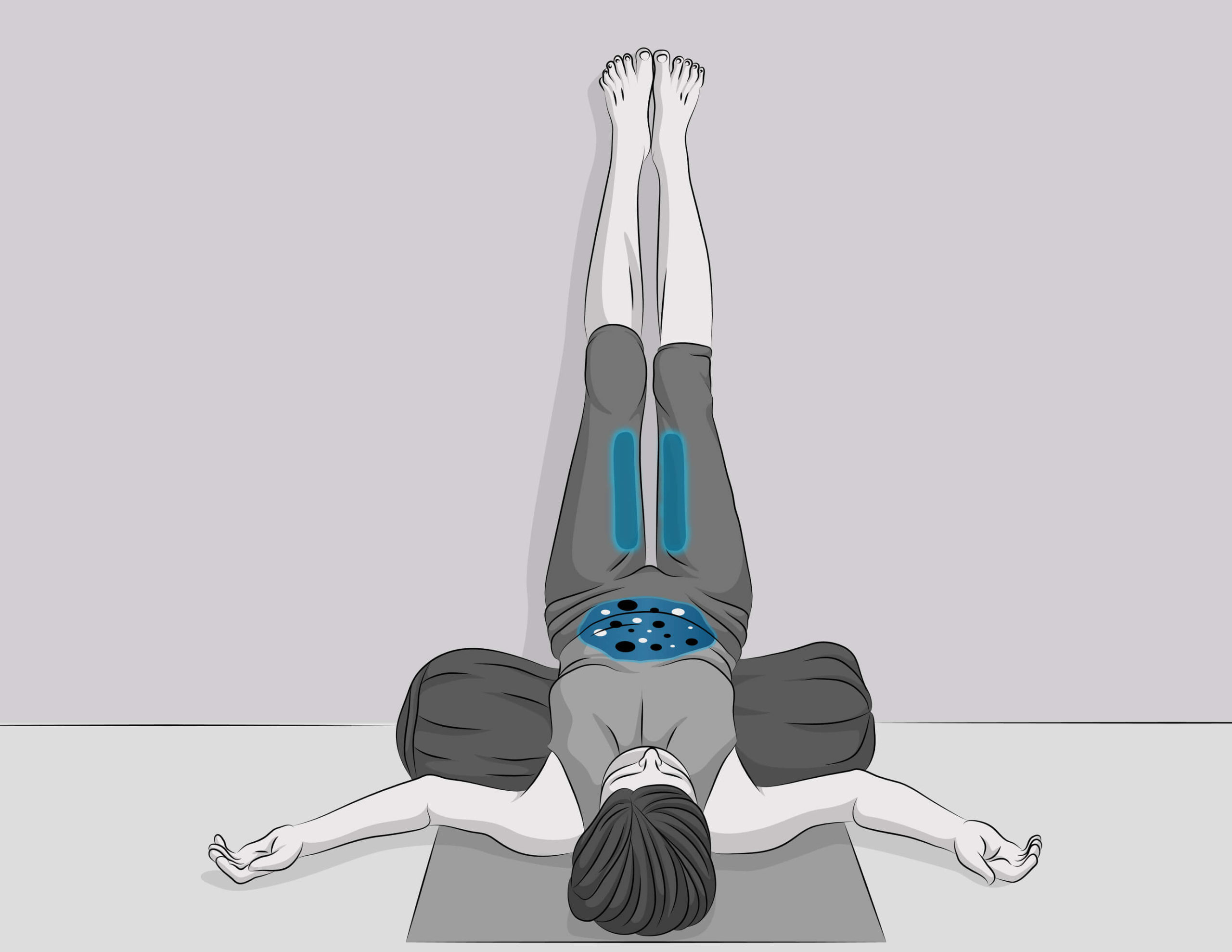Introduction to the Power of Exercise
Exercise is a cornerstone of a healthy lifestyle, offering a myriad of benefits that extend far beyond simple weight management. From enhancing mental health to bolstering physical strength, the power of exercise is well-documented and far-reaching. Regardless of age, fitness level, or background, incorporating regular physical activity into your routine can unlock a multitude of health benefits and improve your quality of life.
Improving Cardiovascular Health
One of the most immediate benefits of exercise is on cardiovascular health. Engaging in regular physical activity strengthens the heart, allowing it to pump more efficiently with less strain. This leads to a decreased risk of heart diseases and conditions such as hypertension, heart attacks, and stroke. Aerobic exercises, such as brisk walking, running, and swimming, are particularly beneficial in improving the endurance of your heart and lungs.
Regulating Blood Pressure and Cholesterol Levels
Exercise is also instrumental in managing blood pressure and cholesterol. Regular activity helps to lower high blood pressure, and when combined with a healthy diet, can aid in balancing cholesterol levels by increasing the amount of good cholesterol (HDL) and decreasing the bad cholesterol (LDL) in your circulation.
Enhancing Mental Health and Mood
Mental health is just as important as physical health, and exercise plays a vital role in maintaining it. Physical activity is known to release endorphins, which are chemicals in the brain that act as natural painkillers and mood elevators. Due to this, regular exercise can help reduce stress, alleviate symptoms of depression, and improve cognitive function. Furthermore, it can help with sleep quality, allowing for more restful and deeper sleep cycles.
Alleviating Anxiety and Boosting Self-Esteem
As a powerful antidote to anxiety, exercise offers an organic and effective treatment option. It provides a distraction from worries, allowing individuals to find a moment of peace during their workout routines. With consistency, exercise can also lead to an enhancement in self-esteem, as accomplishments, such as hitting a new personal best or simply completing a workout, build confidence and a sense of self-worth over time.
Promoting Weight Management
Maintaining a healthy weight is crucial for overall health, and exercise is a key component in achieving it. Physical activity burns calories, which helps in weight loss or maintenance efforts, especially when combined with a balanced diet. In addition to burning fat, exercise helps in building muscle mass, which in turn boosts metabolism, further aiding weight management.
Controlling Blood Sugar and Insulin Levels
For those at risk of diabetes or already managing the condition, exercise can play a significant role. It can improve the body’s sensitivity to insulin and help regulate blood sugar levels. This not only lowers the risk of metabolic syndrome and type 2 diabetes but can also be integral in managing these conditions for those who already have them.
Strengthening Muscles and Bones
Strength training and weight-bearing exercises are foundational in building and maintaining muscle strength and bone density. Activities like lifting weights, doing push-ups, or even everyday actions like climbing stairs and carrying groceries, contribute to muscle health. For bones, exercises such as walking, running, and jumping can stimulate bone formation and reduce the risk of osteoporosis.
Enhancing Flexibility and Balance
Exercise does not just make you stronger—it also improves flexibility and balance. Regular stretching, yoga, or pilates can keep muscles and joints supple, which is integral for preventing injuries and maintaining mobility throughout life. Balance exercises such as standing on one foot or tai chi can reduce the risk of falls, particularly important for older adults.
Conclusion: Making Exercise a Lifestyle
The benefits of exercise are clear and far-reaching. However, unlocking the full power of exercise requires consistency and dedication. To truly harness its potential, it is important to make physical activity a regular part of your life. Not only will you feel better in the short term, but you will also be investing in your long-term health and well-being. Start small, find activities you enjoy, and gradually increase your activity level—your body and mind will thank you for it.




